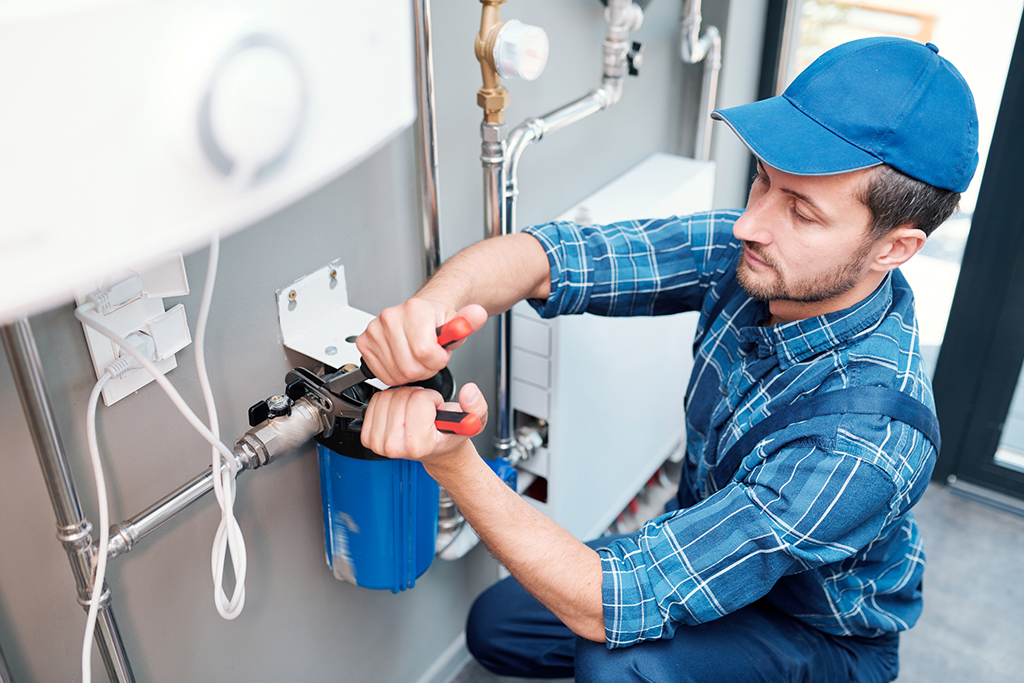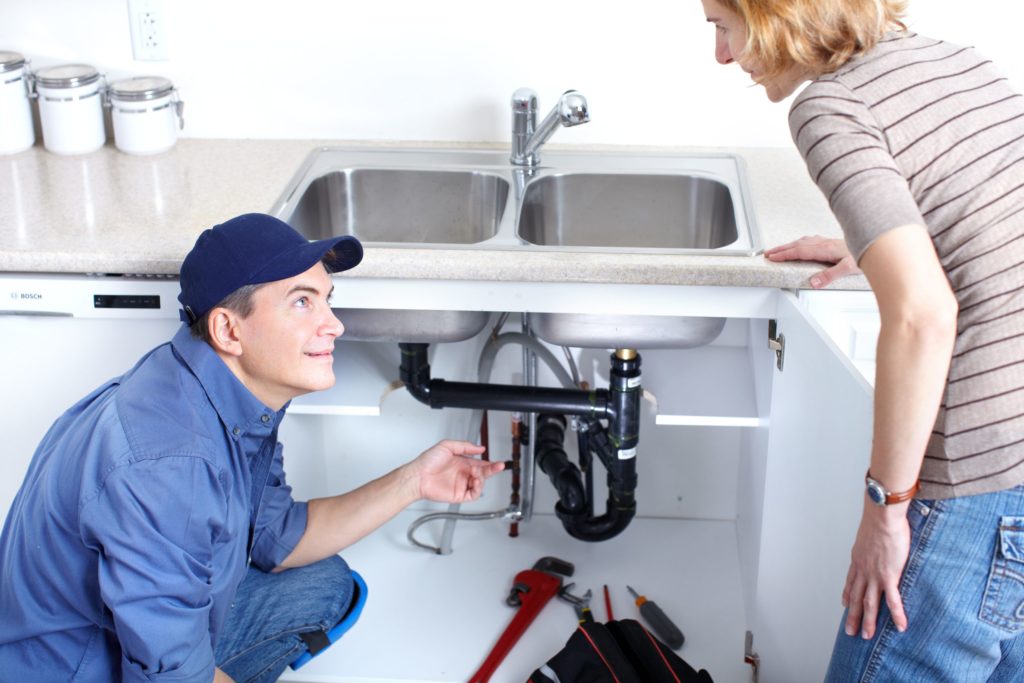Emergency plumbing situations can range from minor leaks to major pipe bursts, and they require immediate attention to prevent further damage to your home and property. Here’s how to handle common emergency plumbing situations:
1. Water Leak:
- If you discover a leak, turn off the main water supply to your home to prevent further water damage.
- Locate the source of the leak and attempt to contain it using towels or buckets.
- Contact an emergency plumber to assess and fix the issue.
2. Burst Pipe:
- Turn off the main water supply to your home immediately.
- Open faucets to relieve pressure in the pipes.
- If safe, attempt to temporarily patch the burst area with tape or a cloth.
- Contact an emergency plumber to repair or replace the damaged pipe.
3. Overflowing Toilet:
- Turn off the water supply to the toilet by turning the valve behind the toilet.
- If the water level doesn’t subside, use a plunger to try to clear the clog.
- If the toilet is still overflowing, contact a plumber for assistance.
4. Clogged Sink or Drain:
- Attempt to clear the clog using a plunger or a drain snake.
- Avoid using chemical drain cleaners, as they can damage pipes.
- If the clog persists, contact a plumber to safely clear the blockage.
5. Gas Leak:
- If you smell gas, leave your home immediately and avoid using any electrical appliances or switches.
- Once you’re outside and at a safe distance, call your gas company’s emergency line.
- Do not re-enter your home until it has been declared safe by a professional.
6. Sewage Backup:
- Avoid using any plumbing fixtures if you suspect a sewage backup.
- If you have a basement floor drain, place a rubber stopper over it to prevent further backup.
- Contact a plumber to assess and address the issue.
7. Water Heater Issues:
- If your water heater is leaking or making unusual noises, turn off the power supply or gas to the water heater.
- If there’s a significant leak, turn off the main water supply to your home.
- Contact a plumber to inspect and repair the water heater.
8. Frozen Pipes:
- If you suspect frozen pipes, turn off the water supply to the affected area and open faucets to relieve pressure.
- Gently warm the frozen pipes using a hairdryer or heated towels.
- Contact a plumber to inspect the pipes and prevent bursting.
9. No Hot Water:
- Check if the pilot light on your water heater is lit (for gas water heaters).
- If the pilot light is on and you’re still not getting hot water, contact a plumber to diagnose and fix the issue.
In any emergency plumbing situation, your safety and the safety of your property come first. If you’re unsure how to handle the situation or if it’s beyond your ability to manage, it’s best to contact a licensed emergency plumber immediately. They have the expertise and equipment to quickly assess and address the issue while minimizing further damage.



